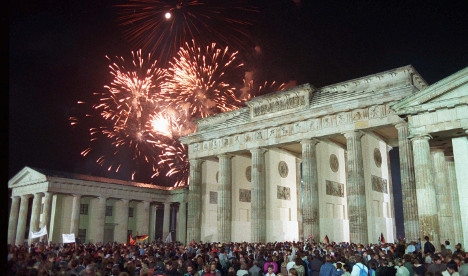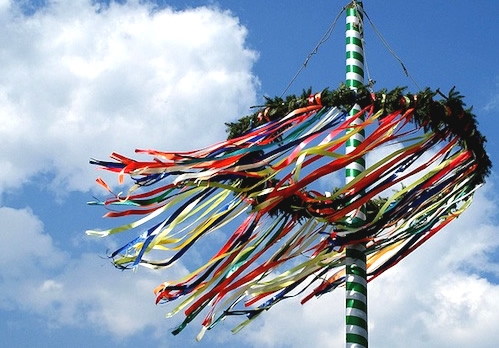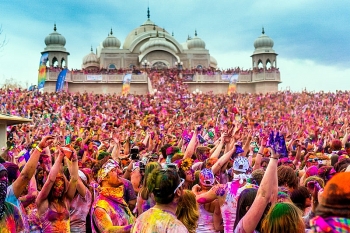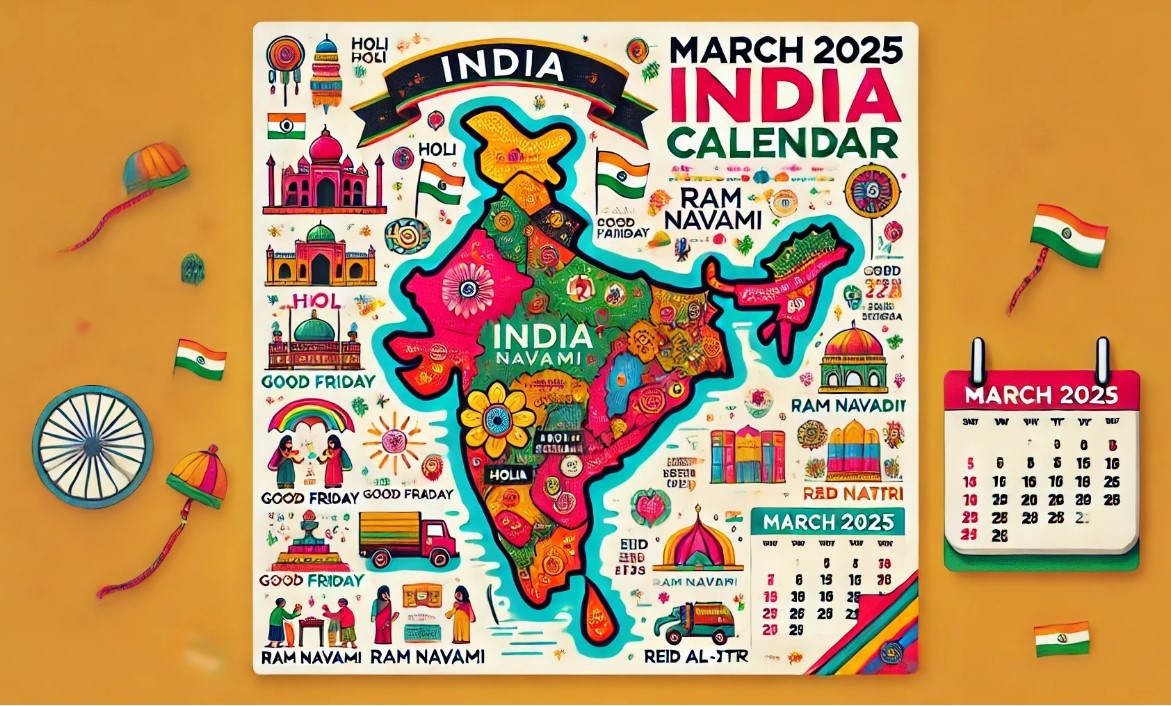Calendar and List of Official Holidays in Germany in 2021
 |
| Photo: Expatica. |
Types of German holidays
Holidays in Germany can be divided into three categories:
German public holidays
There are nine public holidays that are observed in all 16 federal states in Germany, including New Years’ Day, German Unity Day and Christmas Day.
German regional holidays (observances)
Although the federal government has the power to declare national holidays, control over public holidays rests primarily with the individual states. For this reason, some federal states observe holidays that are not recognised elsewhere. The state with the most public holidays is Bavaria, where you can count on 13 rest days per year. The other federal states have between 10 and 12 days per year.
Other holidays in Germany
In addition to officially-recognised public holidays, there are several unofficial holidays, such as St Nicholas’ Day (Nikolaus) on December 5, Carnival Monday (Rosenmontag) and Christmas Eve.
This list of holidays includes both public holidays and observances in Germany:
Public holidays are special days that everyone gets off work, while observances are traditional celebrations and events that are popular in a particular country without a day-off work status.
| Date | Day | Name | Type |
|---|---|---|---|
| 1 Jan | Friday | New Year’s Day | Public holiday |
| 14 Feb | Sunday | Valentine's Day | Observance |
| 15 Feb | Monday | Shrove Monday | Observance, Christian |
| 16 Feb | Tuesday | Carnival / Shrove Tuesday | Observance, Christian |
| 17 Feb | Wednesday | Carnival / Ash Wednesday | Silent Day |
| 8 Mar | Monday | Interpublic Women's Day | Observance (all except B) |
| 28 Mar | Sunday | Palm Sunday | Observance, Christian |
| 1 Apr | Thursday | Maundy Thursday | Silent Day |
| 2 Apr | Friday | Good Friday | Silent Day, public holiday |
| 5 Apr | Monday | Easter Monday | Public holiday, Christian |
| 1 May | Saturday | May Day (Labour Day) | Public holiday |
| 8 May | Saturday | Anniversary of the End of World War II | Observance |
| 9 May | Sunday | Mother's Day | Observance |
| 13 May | Thursday | Father's Day | Observance |
| 13 May | Thursday | Ascension Day | Public holiday, Christian |
| 23 May | Sunday | Whit Sunday | Observance, Christian (All except BB) |
| 24 May | Monday | Whit Monday | Public holiday, Christian |
| 3 Oct | Sunday | Day of German Unity | Public holiday |
| 31 Oct | Sunday | Halloween | Observance |
| 11 Nov | Thursday | St. Martin's Day | Observance, Christian |
| 14 Nov | Sunday | Public Day of Mourning | Silent Day |
| 21 Nov | Sunday | Sunday of the Dead | Silent Day |
| 28 Nov | Sunday | First Advent Sunday | Observance, Christian |
| 5 Dec | Sunday | Second Advent Sunday | Observance, Christian |
| 6 Dec | Monday | Saint Nicholas Day | Observance, Christian |
| 12 Dec | Sunday | Third Advent Sunday | Observance, Christian |
| 19 Dec | Sunday | Fourth Advent Sunday | Observance, Christian |
| 25 Dec | Saturday | Christmas Day | Public holiday, Christian |
| 26 Dec | Sunday | Boxing Day | Public holiday, Christian |
Some dates above may be modified as official changes are announced, so please check back regularly for updates.
Some important holidays and observances in Germany:
German Unity Day
 |
| Photo: The Local. |
German Unity Day, Tag der Deutschen Einheit, is the National Day in Germany, celebrated on 3 October as a public holiday.[1] It commemorates German reunification in 1990 when the Federal Republic of Germany (West Germany) and the German Democratic Republic (East Germany) were unified so that for the first time since 1945 there existed a single German state. German Unity Day on 3 October has been the German National Holiday since 1990 when the reunification was formally completed.
Christmas Eve
Christmas Eve, Weihnachten, is the observance of what is commonly known in English as Christmas Eve in the German-speaking countries such as Germany, Austria and Switzerland. It is also widespread in countries with a German-speaking minority, such as Transylvania in Romania, South Tyrol in Italy, Eupen in Belgium, and various diasporas such as the German Brazilian and German American communities. Traditions of Weihnachten influenced Christmas and Advent culture throughout the world.
Easter
 |
| Photo: German Embassy London |
For many German families, Easter, Karfreitag, is the first occasion to go outside to celebrate after a long winter. The children hunt for Easter eggs in the garden, while the adults go for walks to enjoy the mild spring air. Germans maintain many traditions and customs that make Easter, the most important Christian feast, an enjoyable affair.
New Year's Eve
New Year's Eve, Silvester, in Germany means the country explodes in a celebration of fireworks and festivities. After the merry jubilation of Christmas, New Year's is a full-out party, particularly in the capital of Berlin. At home, Silvester traditions are just as lively.
Labour Day
 |
| Photo: German Culture |
The first of May is Labour Day, Tag der Arbeit. The International Workers’ Congress in Paris designated May Day as a public holiday in 1889, and in 1919 the National Assembly in Weimar declared it a public holiday in Germany. It is observed by holding meetings, marches and giving public speeches, mostly organized by trade unions. There is much more than that in May Day for sure. Ancient calendar abounded in festivals for this day.
 Calendar and List of Holidays in Australia in 2021 Calendar and List of Holidays in Australia in 2021 2020 is about to end with full of happiness and love. Let's look at the list, schedule, calendar, type and activities of Public holidays and ... |
 Calendar and List of Holidays in Canada in 2021 Calendar and List of Holidays in Canada in 2021 List, Schedule, calendar, type and activities of Public holidays and observances in Canada in 2021 |
 Schedule and List of Public holidays - observances in India in 2021 Schedule and List of Public holidays - observances in India in 2021 Today, Knowinsider is going to introduce readers list, schedule, calendar, type and activities of public holidays and observances in India in 2021. Check it now, ... |


























